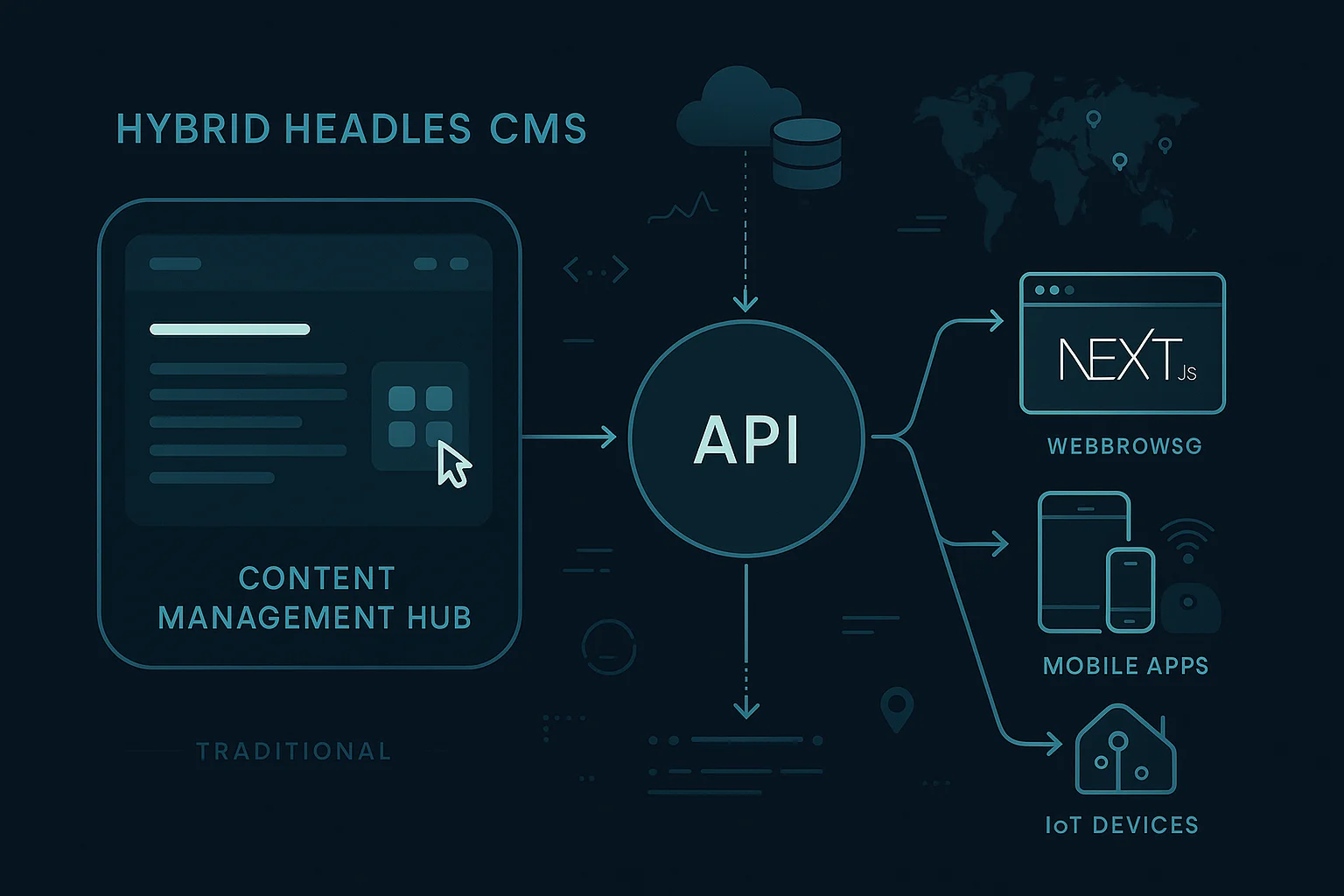
Drupal's Identity Crisis is Exhausting - and Exactly Why It Still Works
Everyone wants Drupal to pick a lane. CMS? Framework? Application platform?
The community's been wrestling with this mess for years, and right now it's more confusing than ever. Experience Builder 1.0 is launching at DrupalCon Vienna in October1, they're scrambling to find sponsors for the UX lead to keep Drupal CMS 2.0 on track2, and site templates are supposedly dropping Q3 2025.
Try explaining this at a networking event. "Well, we've got Drupal Core, and Drupal CMS, and Experience Builder which is React but also PHP, and there's maybe a marketplace coming..." People's eyes glaze over.
The Honest Truth About Modern Web Development
Here's the thing though - nine times out of ten, I'd just tell you to use Next.js with a headless CMS. It's cleaner, the developer experience doesn't suck, and you're not confusing clients with multiple product names.
The modern web development landscape has some incredibly elegant solutions. Static site generators and headless CMSs are designed around clear separation of concerns and developer happiness. The tooling is fantastic, the performance is predictable, and you can explain the architecture in a single sentence. But then you get that one project.
When Clean Solutions Meet Messy Reality
You know the one I'm talking about. The client needs content management AND complex editorial workflows AND granular user permissions AND integration with some ancient ERP system that's older than X.
Suddenly, your clean headless setup starts looking less elegant. You need:
- Multi-stage content approval workflows with different permissions for different content types
- Complex user roles that map to organizational hierarchies
- Custom field types that match exactly how the business thinks about their data
- Integration APIs that can handle whatever bizarre data format that legacy system spits out
- Content relationships that mirror real-world business processes
- Scheduling and automation that works with existing business calendars
That's when Drupal's weird shapeshifting thing suddenly makes sense.
The Uncomfortable Truth About Complexity
WordPress chokes on that complexity. Those clean headless setups turn into a mess when you need real content workflow control and proper user management. You end up building custom solutions for problems that Drupal solved a decade ago.
Drupal just swallows all the weird requirements. It's ugly, the learning curve is brutal, but it handles stuff that would need custom development anywhere else.
Need a content type with 47 different fields, each with conditional visibility based on user roles and content state? Drupal shrugs and asks if you want revision tracking with that.
Want to integrate with a legacy API that returns data in some bizarre custom format? There's probably a module for that, and if not, you can build one without fighting the framework.
The Identity Crisis is the Feature
Maybe that's the point. Maybe Drupal's refusal to be just one thing is exactly what makes it valuable for certain projects.
When you're dealing with enterprise requirements that don't fit into neat categories, you need a tool that's equally unwilling to be categorized. The identity crisis isn't a bug - it's the feature that lets Drupal adapt to whatever weird shape your project demands.
Looking Forward (Sort Of)
Maybe Drupal CMS 2.0 will sort out the identity thing, maybe this whole approach is doomed. The community is clearly trying to find a clearer path forward, and there's real momentum behind making Drupal more approachable.
But for those specific nightmare projects where nothing else works? Sometimes the tool that can't explain what it is turns out to be exactly what you need.
The next time someone asks me what Drupal is, I might just say: "It's complicated - and that's the point."
The Bottom Line
I still recommend Next.js and headless CMSs for most projects. They're better solutions for most use cases, and the developer experience is genuinely superior.
But when you encounter that one project with requirements that make you question your career choices, remember that there's a tool out there that's been having an identity crisis for 20+ years and somehow still gets the job done.
References
1: DrupalCon Vienna 2025: BoF Session Submissions Open August 18 - The Drop Times
2: Sponsor the Drupal CMS UX and Product Design Lead Cristina Chumillas - The Drop Times


